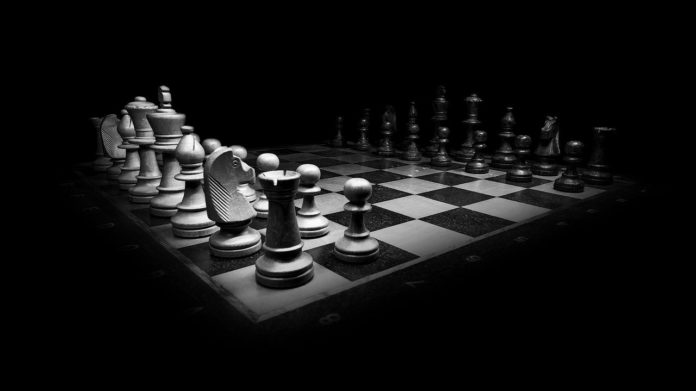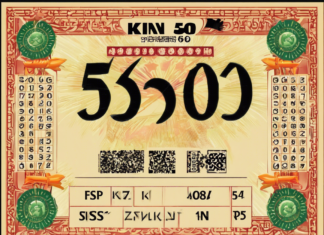When choosing the game for seniors, it depends on the player himself. Is there a preference for dice games or an affinity for language? Language lovers may find it more enjoyable to play games with idioms than arithmetic. Conversely, games for seniors can be used well to address weaknesses – if everyone wants to. So you can work on weaknesses playfully and without boredom.
Ultimately, should games for elderly fun and joy prepare and provide a sense of achievement. If the player is permanently overwhelmed, the potential for frustration and disappointment is high. Besides, the elderly with a good sense of control love to play wow classic power leveling; you can find it at https://boosthive.eu/wow-classic/leveling.
Games like domino or the card game Patience (Solitaire) can be played without a partner. However, many games for seniors require at least one other game participant. The more people play, the funnier the game can be. Partnerships or entire teams can be formed. Joint game evenings strengthen group cohesion, for example in the dormitory or the senior flatshare, but also among friends. Many games are also ideal for cross-generational game evenings with their grandchildren.
Board games
Board games offer excitement and fun for all ages. Boardgame classics like “Man doesn’t annoy you” are also specially tailored for seniors with large lettering. A good board game is not only entertaining, but it also trains logical thinking. Board games continue to enjoy unbroken popularity: Every year the “Game of the Year” award is given for particularly innovative board and card games.
Card games
Card games are among the favorite games of seniors. They come in a variety of game types, such as laying games (911 out), eye games (rummy), and trick games (bridge and skat). Playing cards improves computational skills, strategic thinking, memory, and your dexterity. Card games primarily train short-term memory, but can also have a positive effect on long-term memory.
Dice games
In contrast to the board game, a new dice game is easy to learn because there are often fewer rules. It makes this game attractive for seniors, because the hurdle for a newcomer is relatively low. Game moves can be quickly traced. Dice games are anything but boring. In addition to classics such as “Kniffel” or “Paschen” there is a wide range of varied dice games.
Association games and matching games
These game forms not only stimulate the memory, but also require a certain concentration. Association and matching games are less about knowledge and more about personal experience. The games bring back old memories and the communication between the game participants is promoted since they exchange ideas through the game.
Numbers game – Sudoku
Numbers games can be made with little effort. It is sufficient to write on large numbers of construction paper or index cards with a number. Also, they can perform simple arithmetic or the sort of numbers. A particularly popular number game among seniors is number bingo, which strengthens concentration and memory and is always played in a friendly atmosphere.
Memory and biography games
Memories of one’s own biography are stored in long-term memory. In the case of dementia, too, these are usually reserved for a relatively long time. In memory games, objects (such as a school bag or a wedding veil) and specific questions are used to create memories of the past awaken.
Proverbs, folk wisdom, idioms, poems and lyrics
What had to be memorized at school, such as poems and folk songs, is often astonishingly well stored in the minds of older people, even those with dementia. Also, sayings, proverbs, and folk wisdom are stored in long-term memory. By remembering these songs, poems, and sayings, memories of past experiences can even be awakened.
Examples include recognizing a pictorial proverb, playing or singing old songs, adding phrases, quizzing questions about hits and folk songs, or completing proverbs.
The best game ideas for seniors
Below we have listed the most popular games for seniors. Some are classic games, but there are also games for seniors that are particularly geared towards memory training.
In Backgammon, one of the oldest games in the world, players try to get their pieces out of the field. The number of steps with which the game pieces are moved is played with dice. It is a mix of strategy and gambling.
Checkers is a strategic board game that is played in pairs on a square board with white and black squares. The game aims to hit or block all opposing stones.
In dominoes, the players alternately place one stone on another. The numbers on the dominoes must be the same on the adjacent sides.
Kniffel is a popular dice game that requires little accessories. You only need one partner in addition to five dice, a dice cup, and a writing pad. After every three attempts, a combination must have been created on the game block. Whoever has the most points at the end wins.
A memory game consists of several cards. There are two cards, that is, pairs with the same symbols. Alternately, the players turn over two cards. Whoever finds the most pairs wins. Memory trains memory as well as concentration.
Mikado is a great skill game for seniors. Since motor skills decrease with age, a Mikado game with particularly large wooden sticks must be used. So the skill can be trained playfully.
Games specially developed for seniors with dementia
Narratives is a game without winners and losers. Each participant uses the same character. Everyone answers questions about their own biography, shows things through pantomime, solves simple puzzles, and plays with a balloon. The game’s aim is for the players to talk to each other, have fun, and recall memories since constructive games are very beneficial for them.
Remember is a memory game that was also developed, especially for seniors with dementia. The cards are extra-large, the pictures are particularly easy to recognize. This makes playing easier. Collecting pairs of images is just one goal of the game. It is more important than the cards to encourage players to remember and communicate.
Forest Walk is another senior game that focuses on the players’ Guesswork, telling small stories and singing songs are required here. The tasks are triggered by animal cards, with each animal addressing a specific category. Depending on which animal is depicted on the playing card, people sing together, solve a puzzle, move together, or tell a story. Not only is memory stimulated here!









